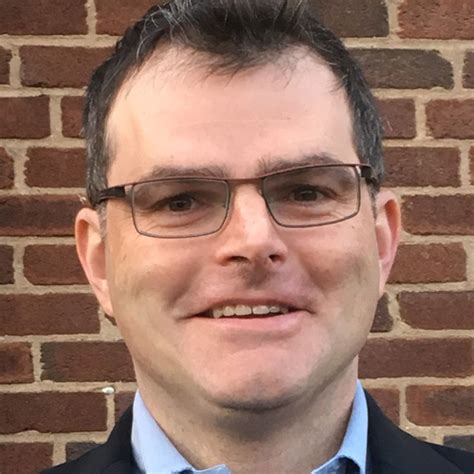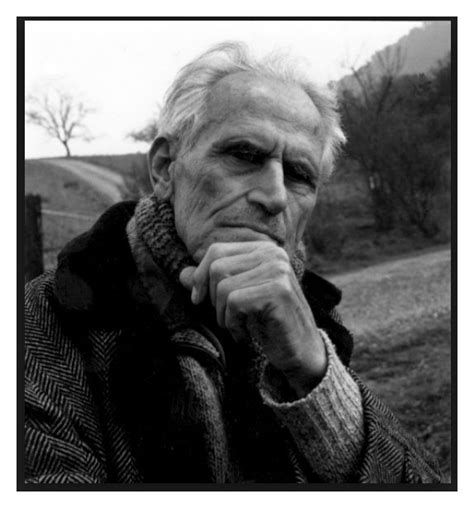A Quote by Viktor E. Frankl
A man's concern, even his despair, over the worthwhileness of life is an existential distress but by no means a mental disease.
Related Quotes
Magic enables man to carry out with confidence his important tasks, to maintain his poise and his mental integrity in fits of anger, in the throes of hate, of unrequited love, of despair and anxiety. The function of magic is to ritualize man's optimism, to enhance his faith in the victory of hope over fear. Magic expresses the greater value for man of confidence over doubt, of steadfastness over vacillation, of optimism over pessimism.
An individual in despair despairs over something. . . . In despairing over something, he really despair[s] over himself, and now he wants to get rid of himself. Consequently, to despair over something is still not despair proper. . . . To despair over oneself, in despair to will to be rid of oneself-this is the formula for all despair.
When a man's life is over, it remains true that he was one sort of man and not another. A man who understands himself under the form of eternity knows the quality that eternally belongs to him, and knows that he cannot wholly die, even if he would, for when the movement of his life is over, the truth of his life remains.
It is generally allowed, that no man ever found the happiness of possession proportionate to that expectation which incited his desire, and invigorated his pursuit; nor has any man found the evils of life so formidable in reality, as they were described to him by his own imagination; every species of distress brings with it some peculiar supports, some unforeseen means of resisting, or powers of enduring.
The animal kingdom exhibits a series of mental developments which may be regarded as antecedents to the mental development of man, for the mental life of animals shows itself to be throughout, in its elements and in the general laws governing the combination of the elements, the same as the mental life of man.
The love of money as a possession-as distinguished from the love of money as a means to the enjoyments and realities of life-will be recognized for what it is, a somewhat disgusting morbidity, one of those semi-criminal, semi-pathological propensities which one hands over with a shudder to the specialists in mental disease
Whatever your vocation is, you are destined to reign in life because Jesus is Lord of your life. When you reign in life, you reign over sin, you reign over the powers of darkness, and you reign over depression, over poverty, over every curse, and over every sickness and disease. You REIGN over the devil and all his devices!
It is an irony of medical history that even as Freud's later work would make him the progenitor of modern psychodynamic psychotherapy, which is generally premised on the idea that mental illness arises from unconscious psychological conflicts, his papers on cocaine make him one of the fathers of biological psychiatry, which is governed by the notion that mental distress is partly caused by a physical or chemical malfunction that can be treated with drugs.
But the truth, he knows, is otherwise. His pleasure in living has been snuffed out. Like a leaf on a stream, like a puffball on a breeze, he has begun to float towards his end. He sees it quite clearly, and it fills him with (the word will not go away) despair. The blood of life is leaving his body and despair is taking its place, despair that is like a gas, odourless, tasteless, without nourishment. You breathe it in, your limbs relax, you cease to care, even at the moment when the steel touches your throat.
The very term ['mental disease'] is nonsensical, a semantic mistake. The two words cannot go together except metaphorically; you can no more have a mental 'disease' than you can have a purple idea or a wise space". Similarly, there can no more be a "mental illness" than there can be a "moral illness." The words "mental" and "illness" do not go together logically. Mental "illness" does not exist, and neither does mental "health." These terms indicate only approval or disapproval of some aspect of a person's mentality (thinking, emotions, or behavior).






































